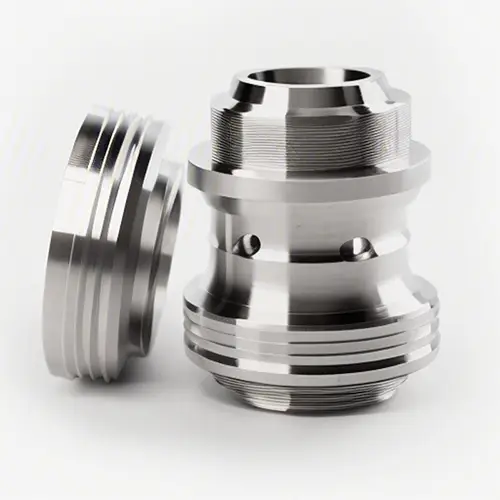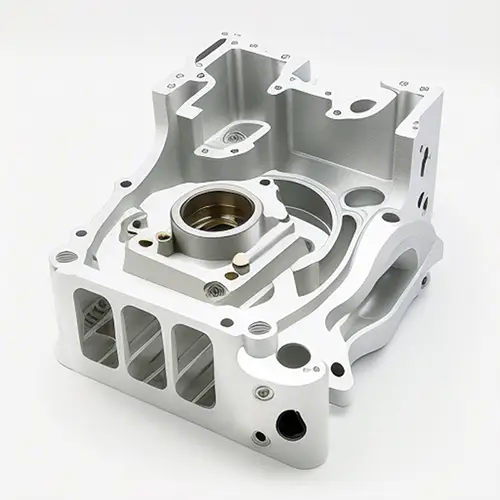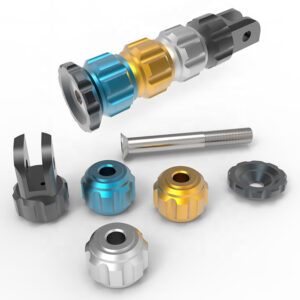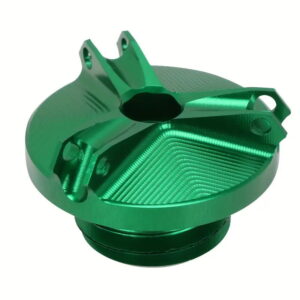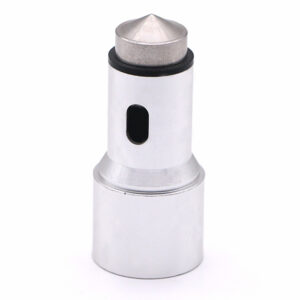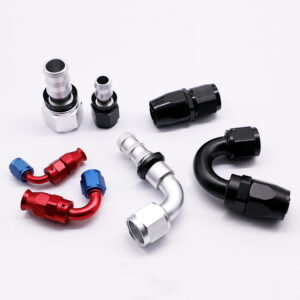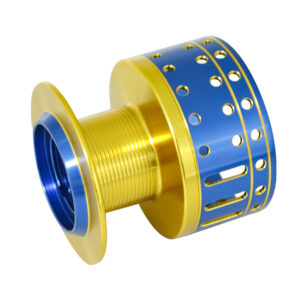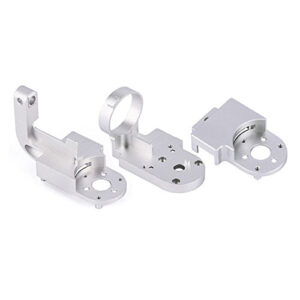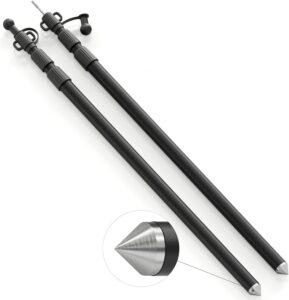Aluminum alloys are popular in the CNC milling world for their light weight, high strength, and good machinability. Two aluminum alloys in particular, 6061 and 7075, are widely used in multiple industries, including aerospace, automotive, medical, and electronics. Understanding the properties of different aluminum alloys is essential to selecting the right material for a specific CNC machining application.
6061 Aluminum
Composition and Properties: 6061 aluminum alloy consists primarily of magnesium, silicon, and aluminum and is known for its excellent corrosion resistance and weldability, making it suitable for structural and architectural applications. It has very good machinability and can be easily welded or brazed, while also exhibiting good strength and toughness for high-stress applications
.
Machinability: 6061 aluminum alloy is generally easier to machine than 7075 aluminum alloy, and due to its lower strength and hardness, it can be machined using similar milling and turning techniques, but requires the use of appropriate cutting tools and speeds
.
Application: 6061 aluminum alloy is widely used in applications that require good toughness and durability, such as bicycle frames, structural components, automotive parts, etc.
7075 aluminum
Composition and characteristics: 7075 aluminum alloy is composed of zinc, magnesium and aluminum, and has an excellent strength-to-weight ratio, making it a popular choice for aerospace and high-stress structural applications. It is also known for its high resistance to fatigue and crack growth. However, due to its high strength and hardness, 7075 aluminum alloy is more difficult to machine than 6061
.
Strength: 7075 aluminum alloy is stronger than 6061 aluminum alloy, with a tensile strength of 83,000 psi compared to 45,000 psi for 6061, which makes 7075 suitable for critical strength applications
.
Application: 7075 aluminum alloy is very popular in high-stress applications such as aerospace, defense, high-performance bicycle frames and racing parts
Selection Tips
Cost: 6061 aluminum alloy is generally more economical than 7075 aluminum alloy, making it a good choice for applications with limited budgets but still requiring good performance.
Machining Difficulty: If the project requires a material that is easy to machine, 6061 aluminum alloy may be a better choice because its better machinability can reduce machining time, tool wear, and scrap rate.
Performance Requirements: If the project requires high strength and rigidity, choosing an alloy with these characteristics can help reduce the possibility of deformation, cracking, or failure during machining.
6061 and 7075 aluminum alloys each have their own unique advantages and application areas. When choosing, you need to weigh the specific requirements of the project, performance considerations, and cost factors. If your project needs to balance strength, weldability, and corrosion resistance while wanting cost-effectiveness, 6061 aluminum alloy is an ideal choice. If your project requires a material that can withstand extreme stress and wear, 7075 aluminum alloy is a better choice, although it is more expensive and has slightly worse machinability.
When doing CNC milling machine processing projects, the choice of 6061 or 7075 aluminum alloy should be determined based on the specific needs and application scenarios of the project. If the component does not require particularly high strength but requires good machinability and corrosion resistance, 6061 aluminum alloy is a more suitable choice. For components that need to withstand high loads and strength, 7075 aluminum alloy is an ideal choice

